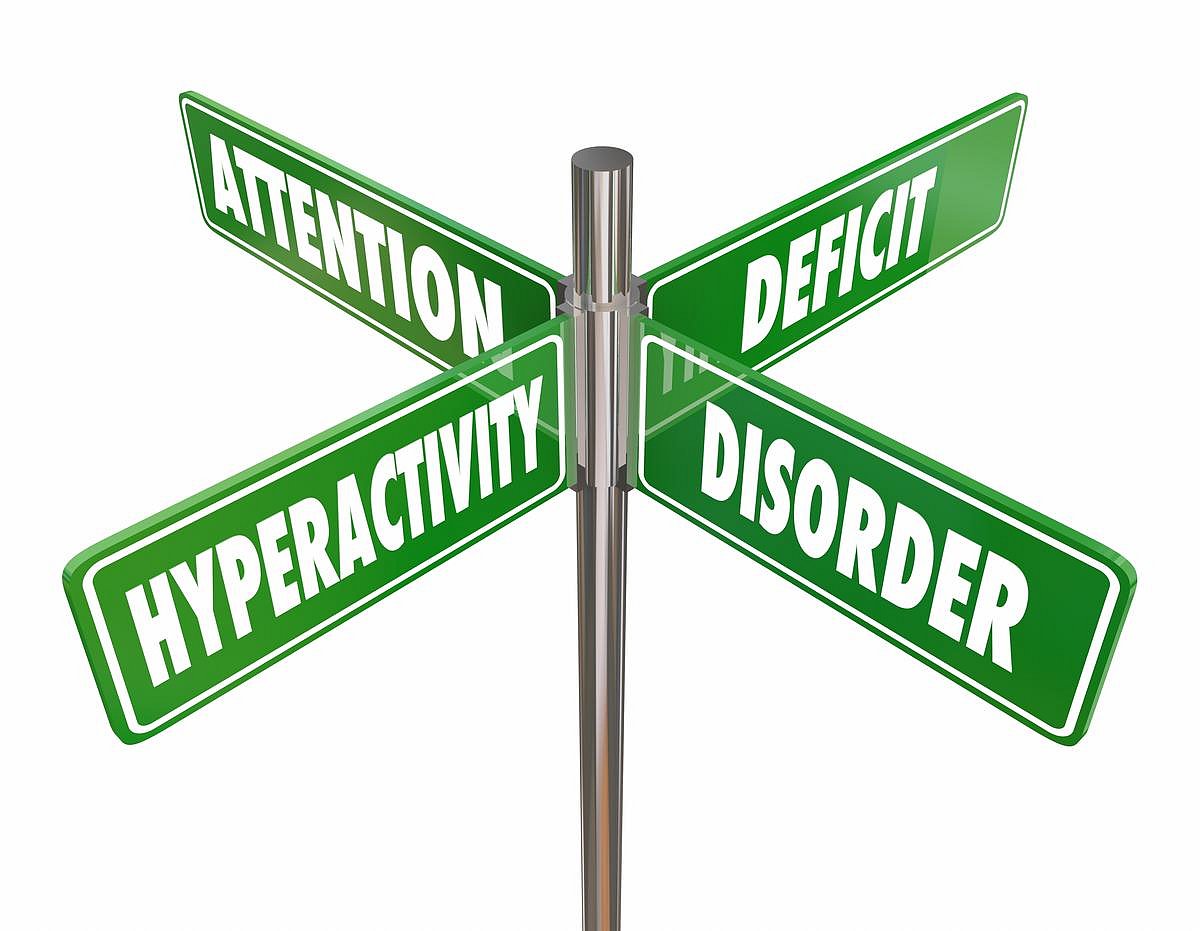Manténgase sano!

- Dennis Thompson
- Posted January 21, 2025
ADHD Diagnoses On The Rise Among Adults
Attention-deficit/hyperactivity disorder (ADHD) diagnoses have increased among adults in recent years, while remaining stable among teenagers.
ADHD diagnoses among adults increased by 15% between 2020 and 2023, after declining by nearly 11% from 2016 to 2020, researchers reported in a new study published in the journal Psychiatric Research and Clinical Practice.
At the same time, teen ADHD rates remained stable between 2018 and 2023, following a significant 26% decline between 2016 and 2018.
These trends “are likely due to a complex interplay of various factors,” the research team led by Dr. Erick Messias, chair of psychiatry and behavioral neurosciences at St. Louis University School of Medicine, said.
ADHD is more widely known and is less stigmatizing as a diagnosis, researchers said. There’s also increased access to health care services that could lead to diagnosis.
“As knowledge about ADHD symptoms improves among healthcare providers, parents, and teachers, more cases may be identified and diagnosed,” researchers wrote.
In addition, an expansion of diagnostic guidelines for ADHD might have contributed to the increase.
For the study, researchers reviewed medical records for more than 144,000 patients with the Sisters of Saint Mary health care system, which has locations in Illinois, Missouri, Oklahoma and Wisconsin.
The study represents one of the largest efforts to investigate new ADHD diagnoses among teens and adults before, during and after the COVID-19 pandemic, researchers noted.
Adult ADHD can be more difficult to spot, according to the Cleveland Clinic. Symptoms can include forgetfulness, procrastination, chronic restlessness, lack of follow-through and frequently misplacing items.
“Findings from this study support future investigation in identifying potential modifiable risk factors, ensuring sufficient treatment resources, developing targeted interventions, and addressing diagnostic disparities,” the researchers concluded.
The findings were published Jan. 13.
More information
The Cleveland Clinic has more on adult ADHD.
SOURCE: American Psychiatric Association, news release, Jan. 13, 2025







